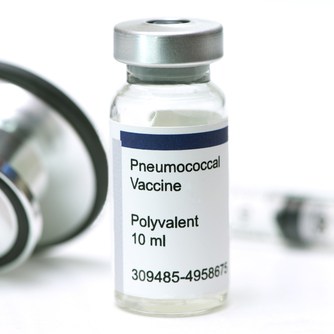Unseasonable heat and drought contributed to an unprecedented outbreak of wildfires across eastern Canada in April and May. The smoke, which winds carried as far south as South Carolina, triggered air quality alerts across the entire East Coast.
Planes were grounded, outdoor activities cancelled, and many residents were advised to stay indoors as the Air Quality Index (AQI) across parts of the Northeast U.S. reached up to 250. (AQI of 0-50 is considered healthy; any AQI above 151 is considered unhealthy.)
Those with chronic respiratory issues, including COPD and asthma, were particularly impacted. However, exposure to wildfire smoke poses significant risks even to healthy individuals, causing symptoms like:
- A scratchy throat
- Asthma attacks
- Chest pain
- Coughing
- Headaches
- Irritated sinuses
- Rapid heartbeat
- Runny nose
- Stinging eyes
- Tiredness
- Wheezing and shortness of breath
Recent studies have also tied inhalation of wildfire smoke to increased risk of lung disease in healthy populations.
The CDC recommends limiting exposure to wildfire smoke. While common dust masks can filter out large particulates, healthcare professionals should advise their patients that these types of masks will do little to filter out smoke. N95 masks may provide some protection, but staying indoors and out of the worst pollution is the best way to avoid adverse effects.






